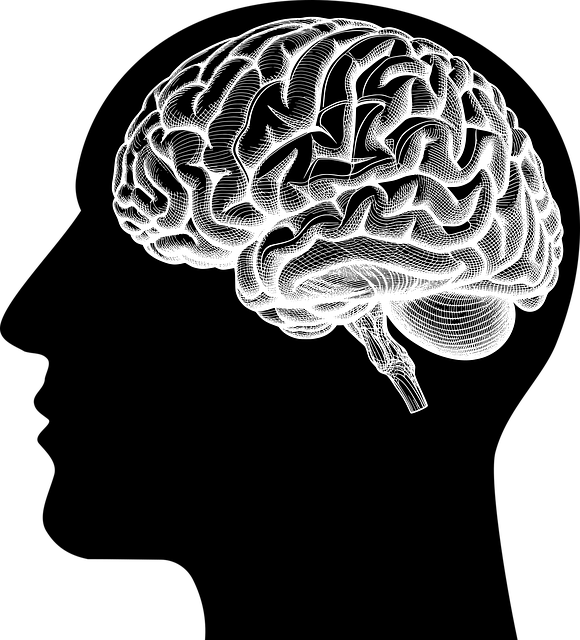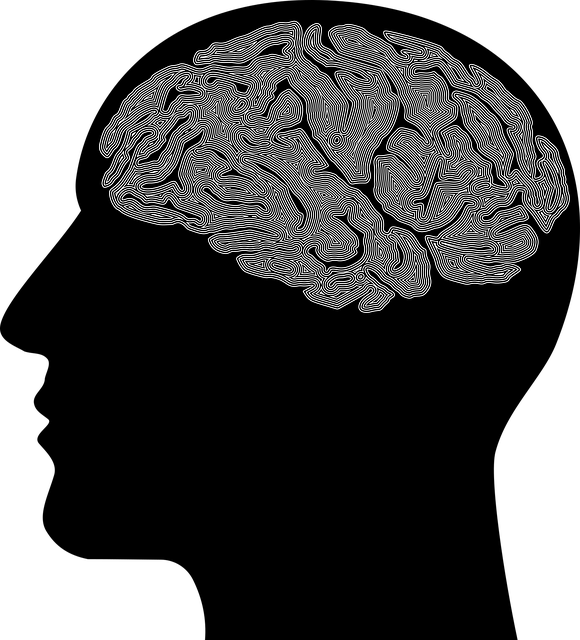Mental health diagnoses in young children, including gender identity issues, require specialized assessment and evidence-based therapy by qualified professionals. Early identification through approaches like cognitive-behavioral therapy (CBT) enables timely intervention and positive long-term outcomes. Family therapy, stress reduction techniques, and holistic practices support overall well-being, building resilience and self-acceptance. Complementary strategies such as Social Skills Training and accessible platforms like the Mental Wellness Podcast Series foster supportive communities for young children navigating gender identity concerns.
Mental illness diagnosis and treatment navigation can be a complex, yet essential, process. This article offers valuable insights into supporting young children with mental health challenges, focusing on understanding diagnoses and navigating therapy options. We explore specific considerations for gender identity issues, highlighting the importance of inclusive care. Additionally, we provide effective strategies to enhance treatment outcomes and promote recovery. By delving into these key areas, including therapy for young children and gender identity, families can better navigate the path to healing and well-being.
- Understanding Mental Health Diagnoses for Young Children
- Navigating Therapy Options for Gender Identity Issues
- Supportive Strategies for Effective Treatment and Recovery
Understanding Mental Health Diagnoses for Young Children

Understanding Mental Health Diagnoses for Young Children
Mental health diagnoses in young children can be complex and often require a nuanced approach. It’s crucial to recognize that childhood mental illness encompasses a range of conditions, from anxiety and depression to more severe disorders like autism spectrum disorder (ASD) or attention-deficit/hyperactivity disorder (ADHD). Accurate diagnosis involves comprehensive assessments conducted by qualified professionals who specialize in child psychology and development. Early identification is key, as timely intervention through therapy for young children can significantly impact long-term outcomes.
One critical aspect often intertwined with mental health is gender identity. As children navigate their sense of self, they may explore and express their gender differently, which should be met with empathy and support. Therapy for young children with gender dysphoria or those questioning their identity focuses on building resilience and fostering a positive self-esteem improvement journey. By creating safe spaces and providing appropriate resources, mental health professionals can guide these young individuals towards self-acceptance and a deeper understanding of their unique identities, thereby preventing burnout and promoting overall well-being.
Navigating Therapy Options for Gender Identity Issues

Navigating therapy options for young children with gender identity issues can be a complex and challenging process. It’s essential to find qualified mental health professionals who specialize in this area, as they can provide evidence-based treatments tailored to address specific needs. Many effective therapeutic approaches exist, such as cognitive-behavioral therapy (CBT), which helps children explore their feelings, develop coping mechanisms, and enhance self-acceptance. Additionally, family therapy can foster understanding and support within the household, promoting a safe and nurturing environment for the child’s journey of self-discovery.
While therapy plays a pivotal role in supporting young individuals with gender identity concerns, incorporating stress reduction methods, mood management techniques, and compassion cultivation practices can further enhance their overall well-being. These strategies empower children to navigate challenging emotions, build resilience, and cultivate positive relationships. Ultimately, a holistic approach that combines specialized therapy with complementary practices can significantly contribute to the child’s mental health and emotional growth.
Supportive Strategies for Effective Treatment and Recovery

Supportive strategies play a pivotal role in fostering effective treatment and recovery for mental illness, especially in navigating complex cases like young children experiencing gender identity issues. Therapy for this demographic requires specialized approaches that cater to their unique developmental stage. One such strategy is integrating Social Skills Training, which helps children develop essential interpersonal competencies while fostering a sense of belonging and self-acceptance. This, coupled with Emotional Healing Processes tailored to address trauma or distress, can significantly enhance their mental wellness.
Additionally, the production of Mental Wellness Podcast Series can be a game-changer in reaching out to affected individuals and their families. These podcasts offer accessible platforms for sharing stories, dispelling stigma, and educating listeners about various aspects of mental health. They provide a sense of community and encourage open conversations about treatment options, personal experiences, and coping mechanisms. By combining these strategies, we can create a supportive environment that empowers young children exploring gender identity to thrive and embrace their mental wellness journey.
Mental health diagnoses in young children and navigation of therapy options, particularly for gender identity issues, can be complex. By understanding various diagnosis criteria and exploring a multitude of therapy approaches, such as those tailored to young children and gender identity, we can foster effective treatment and recovery plans. Supportive strategies, including family involvement and tailored interventions, play a crucial role in enhancing these outcomes. Embracing a holistic approach that incorporates both professional guidance and compassionate care ensures children receive the best possible support for their mental well-being.














